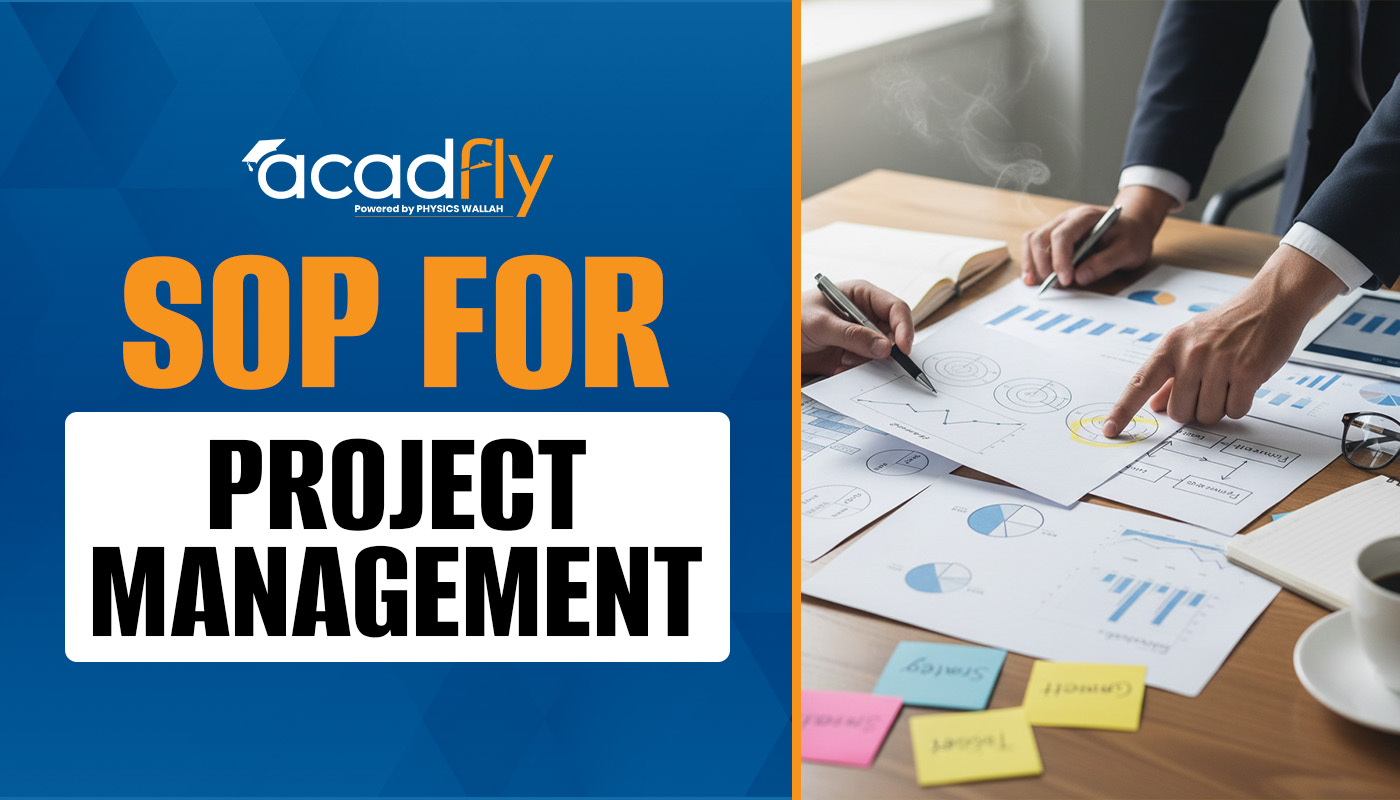
The Irish National Framework of Qualifications (NFQ) is a structured system that classifies and compares qualifications within the Irish education and training system. It covers ten levels, from basic learning to doctoral degrees, ensuring clear progression routes and alignment with international standards. The NFQ enhances the recognition and transparency of qualifications, facilitating mobility for learners and workers.
Leveraging the NFQ can significantly boost your application by clearly demonstrating the level and standard of your qualifications. Understanding and highlighting your qualifications within the NFQ framework, such as a Level 10 qualification, can make your application more compelling to employers and educational institutions. The NFQ also supports the recognition of prior learning and international qualifications, making it a strategic tool for academic and career advancement.
Understanding the Irish National Framework of Qualifications (NFQ)
The Irish National Framework of Qualifications (NFQ) is a critical element of the Irish education and training system, offering a structured and comprehensive approach to recognizing and comparing qualifications.
Structured Levels
The NFQ consists of ten levels, each representing a different standard of knowledge, skill, and competence. Level 1 corresponds to basic learning, while Level 10 represents doctoral degrees. This structured approach helps in identifying the complexity and depth of learning at each stage, providing a clear framework for educational progression.
Qualification Types
The NFQ covers a wide range of qualification types, including certificates, diplomas, bachelor's degrees, and doctoral degrees. Each type is assigned to a specific level within the framework, ensuring that all qualifications are systematically categorized based on their learning outcomes.
International Alignment
The NFQ is aligned with international frameworks like the European Qualifications Framework (EQF). This alignment facilitates the global recognition of Irish qualifications, making it easier for learners to have their qualifications understood and valued in other countries, thus enhancing mobility and employability.
Clarity and Transparency
The NFQ provides detailed descriptions of each level and qualification type. This transparency ensures that learners, educators, and employers can easily understand the qualifications' standards and requirements. It helps in making informed decisions regarding education and career planning.
Benefits of the National Framework of Qualifications
The National Framework of Qualifications (NFQ) ensures clarity and comparability of educational qualifications in Ireland, enhancing mobility and recognition both nationally and internationally. It supports lifelong learning by validating diverse educational achievements. The NFQ aids students and employers in understanding the value and level of qualifications, facilitating access to further education and job opportunities.
Clear Progression Pathways
The NFQ outlines clear educational and career progression pathways. This allows learners to see the steps needed to advance from one level to the next, helping them to plan their educational journey effectively. It also highlights potential career opportunities associated with each level, aiding in long-term career planning.
Recognition of Prior Learning
The NFQ supports the recognition of prior learning (RPL). This means individuals can gain credit for previous education, training, and work experiences, whether obtained in Ireland or abroad. RPL allows learners to build on their existing knowledge and skills, facilitating smoother transitions into further education or new career paths.
Enhanced Employability
For employers, the NFQ serves as a valuable benchmark to assess the qualifications and competencies of potential employees. By referencing the NFQ, employers can ensure that candidates possess the necessary skills and knowledge for specific roles, thereby improving the quality of their workforce.
Lifelong Learning
The NFQ encourages lifelong learning by providing a framework that supports continuous education and skill development. Individuals can use the NFQ to identify opportunities for upskilling and reskilling, which is particularly important in adapting to changes in the job market and advancing in their careers.
Mobility and Flexibility
The alignment of the NFQ with international standards facilitates greater mobility for learners and professionals. This makes it easier for individuals to pursue education and career opportunities abroad, as their Irish qualifications are more likely to be recognized and valued globally.
Quality Assurance
The NFQ ensures that all qualifications meet rigorous quality standards. This enhances the credibility and reliability of the Irish education and training system, ensuring that learners receive high-quality education that is recognized both nationally and internationally.
How the Irish Education and Training System Aligns with the National Framework of Qualifications
The Irish education and training system aligns with the National Framework of Qualifications (NFQ) by categorizing qualifications across clearly defined levels. This alignment ensures consistency and transparency, making it easier to recognize and compare qualifications both nationally and internationally. It supports students' progression through various education stages, from basic to advanced qualifications.
Integration Across Educational Levels
The Irish education and training system is intricately linked with the Irish National Framework of Qualifications (NFQ). The NFQ integrates all levels of education, from primary and secondary schooling through to further and higher education. This alignment ensures a structured progression from one educational level to the next, facilitating smooth transitions and continuity in learning.
Consistent Qualification Standards
Each qualification within the Irish education and training system is mapped to specific levels within the NFQ. This mapping guarantees that standards are consistent across various types of qualifications, including certificates, diplomas, bachelor's degrees, and doctoral degrees. By aligning with the NFQ, the education system ensures that qualifications meet uniformly high standards of quality and rigor.
Defined Learning Outcomes
The NFQ specifies clear learning outcomes for each level, which guides curriculum development across the Irish education and training system. Educators use these outcomes to design programs that ensure students acquire the required knowledge, skills, and competencies, thereby maintaining educational quality and consistency.
Clear Progression Pathways
The NFQ provides clearly defined pathways for progression within the Irish education and training system. This structure allows learners to easily navigate their educational journey, moving from one level to the next and identifying opportunities for further education and career advancement.
Recognition of Prior Learning
The alignment with the NFQ supports the recognition of prior learning (RPL) within the Irish education and training system. This means that individuals can receive credit for previously acquired skills and knowledge, whether obtained through formal education or work experience, facilitating easier transitions and advanced standing in new programs.
Standardized Quality Assurance
By adhering to the NFQ, the Irish education and training system ensures standardized quality assurance across all educational levels. Institutions are required to meet the rigorous quality standards set by the NFQ, ensuring that all qualifications are credible and reliable.
What is Level 10 Qualification in Ireland? Exploring the Highest Tier of the NFQ
A Level 10 qualification in Ireland represents the highest tier within the Irish National Framework of Qualifications (NFQ), corresponding to the completion of doctoral studies such as a PhD. This level signifies a profound level of academic and research achievement, requiring several years of study and the successful completion of a doctoral thesis or dissertation that contributes new knowledge to the field. Graduates holding a Level 10 qualification are expected to demonstrate advanced research skills, a comprehensive understanding of their subject area, and the ability to conduct independent, original research.
The NFQ ensures that Level 10 qualifications meet rigorous quality standards, providing a clear benchmark for excellence in scholarship. Recognized both nationally and internationally, a Level 10 qualification opens significant opportunities for career advancement in academia, research, and specialized professional roles. It is comparable to doctoral qualifications awarded globally, facilitating international recognition and value. Various higher education institutions in Ireland offer Level 10 qualifications, supporting the high standards of research and academic rigor required for this pinnacle of the NFQ.
Enhancing Your Application with the National Qualifications Framework (NFQ)
|
Aspect |
Detail |
Impact on Application |
Example |
|
Clear Representation of Qualifications |
The NFQ offers a structured classification of qualifications into specific levels, such as certificates, diplomas, and degrees. This helps in clearly representing the standard of your achievements. |
Enhances clarity and understanding of your qualifications for employers and institutions. |
Mapping a bachelor’s degree to NFQ Level 8 shows it’s a higher education qualification. |
|
Highlighting Relevant Learning Outcomes |
Each NFQ level defines specific learning outcomes related to knowledge, skills, and competencies. Aligning your qualifications with these descriptors showcases your achievements in detail. |
Provides a detailed and precise overview of your capabilities and expertise. |
Demonstrating advanced research skills at NFQ Level 10 for a PhD application. |
|
Facilitating Recognition of Prior Learning |
The NFQ supports recognizing prior learning (RPL), which includes educational and professional experiences not formally accredited. This inclusion broadens the scope of your qualifications. |
Acknowledges and validates non-traditional educational and work experiences. |
Including industry certifications and work experience as part of your application. |
|
Improving International Comparability |
The NFQ aligns with international frameworks like the European Qualifications Framework (EQF), facilitating global recognition of your qualifications. |
Enhances the appeal of your qualifications to international employers and educational institutions. |
Aligning a master’s degree with the EQF Level 7 for opportunities abroad. |
|
Demonstrating Clear Progression Pathways |
The NFQ outlines a clear educational progression from basic to advanced levels. Referencing this in your application shows your educational journey and achievements. |
Helps employers and institutions understand the development of your academic and professional background. |
Showing progression from a diploma at NFQ Level 6 to a bachelor’s degree at Level 8. |
|
Strengthening Academic and Professional Credibility |
Aligning with the NFQ ensures that your qualifications meet high standards of quality and relevance. This alignment reinforces the credibility of your qualifications. |
Builds trust and confidence in the quality of your educational achievements. |
Highlighting a Level 9 qualification to showcase advanced expertise in a specialized field. |
|
Supporting Lifelong Learning Goals |
The NFQ supports structures for continuous education and skill development. Integrating this into your application demonstrates a commitment to ongoing learning. |
Shows your dedication to professional growth and adaptability. |
Including certifications and courses undertaken post-degree to highlight ongoing skill enhancement. |
|
Providing Detailed Qualification Information |
The NFQ provides detailed descriptors for each qualification level, offering a comprehensive view of your educational background. |
Provides a thorough and detailed presentation of your qualifications. |
Describing the scope of a Level 7 qualification to show specific learning outcomes and competencies achieved. |
The Role of the Irish National Framework of Qualifications in the Education System in Ireland
The Irish National Framework of Qualifications (NFQ) provides a structured system for categorizing and comparing educational qualifications. It ensures consistency and transparency, aiding in the recognition of qualifications both domestically and internationally. The NFQ supports educational progression and helps stakeholders understand and value achievements.
Structuring Educational Levels
The Irish National Framework of Qualifications (NFQ) plays a crucial role in structuring the Education System in Ireland by categorizing qualifications into specific levels. This framework covers all stages of education, from primary and secondary schooling to further and higher education, providing a clear and consistent structure for understanding and comparing qualifications.
Ensuring Quality and Consistency
The NFQ ensures that all qualifications within the Irish education system meet rigorous standards of quality and consistency. By aligning qualifications with the NFQ levels, educational institutions are able to maintain high standards across various types of qualifications, including certificates, diplomas, and degrees.
Facilitating Progression and Pathways
One of the key roles of the NFQ is to facilitate clear progression pathways within the Education System in Ireland. It defines how learners can move from one level of education to the next, supporting a seamless transition from secondary school to higher education and further academic or vocational training.
Supporting Recognition of Prior Learning
The NFQ supports the recognition of prior learning (RPL), allowing individuals to gain credit for skills and knowledge acquired outside formal education. This is particularly beneficial for adult learners and professionals who seek to enhance their qualifications or change career paths, making the education system more inclusive and flexible.
Enhancing International Comparability
The NFQ is aligned with international frameworks such as the European Qualifications Framework (EQF), which enhances the global recognition of Irish qualifications. This alignment helps in comparing Irish qualifications with those from other countries, facilitating international mobility for students and professionals.
FAQs on Leveraging the Irish National Framework of Qualifications (NFQ) to Boost Your Application
1. What is the Irish National Framework of Qualifications (NFQ)?
The NFQ is a structured system that classifies qualifications based on their level of knowledge, skills, and competencies, covering all stages from primary to higher education.
2. How can the NFQ enhance my application?
It clarifies the level and quality of your qualifications, helping employers and institutions understand your achievements in a standardized way.
3. How do I map my qualifications to the NFQ?
Identify your qualification level according to the NFQ descriptors and align your achievements with the relevant NFQ level.
4. What are the benefits of including NFQ levels in my application?
It provides clear context for your qualifications, facilitates international recognition, and shows structured educational progression.
5. How does the NFQ support the recognition of prior learning?
It allows for crediting skills and knowledge gained outside formal education, broadening the scope of your qualifications.
6. Can the NFQ improve the international recognition of my qualifications?
Yes, it aligns with international frameworks like the EQF, enhancing global recognition and value.
Frequently Asked Questions









